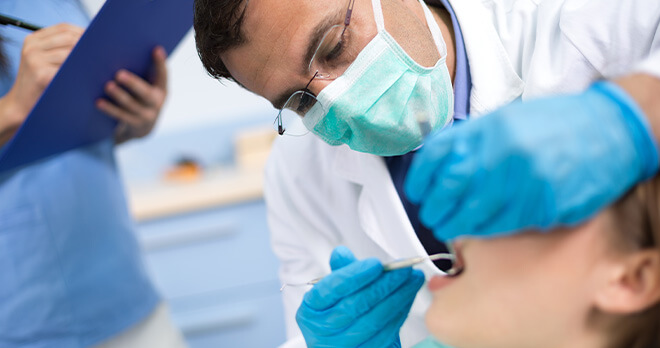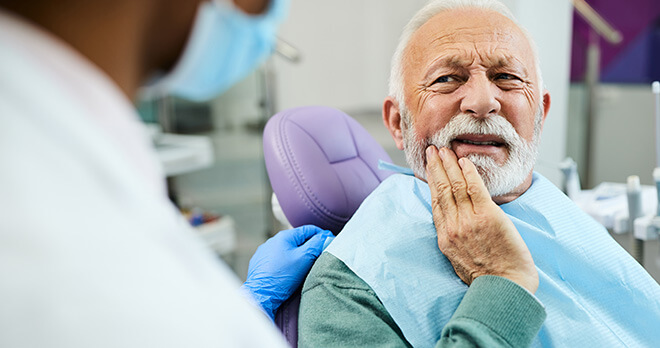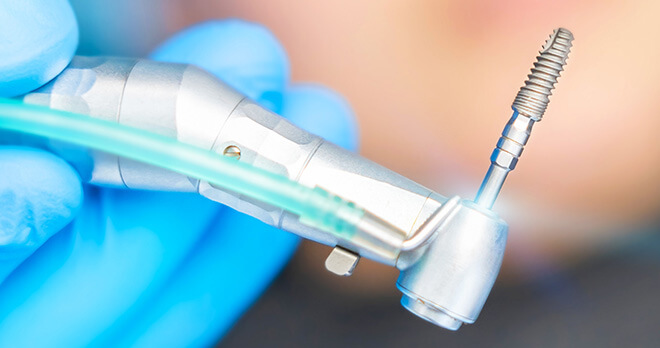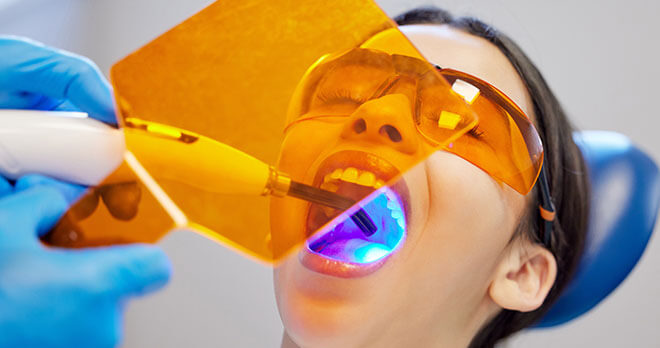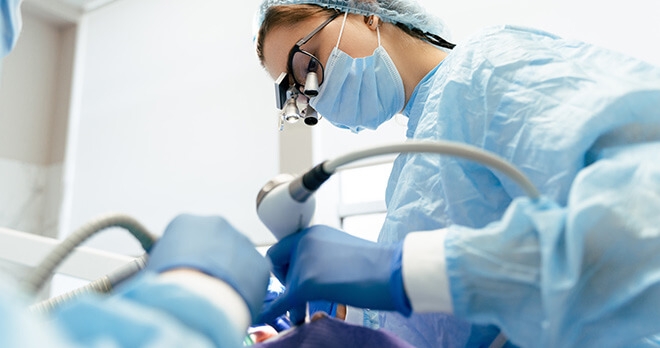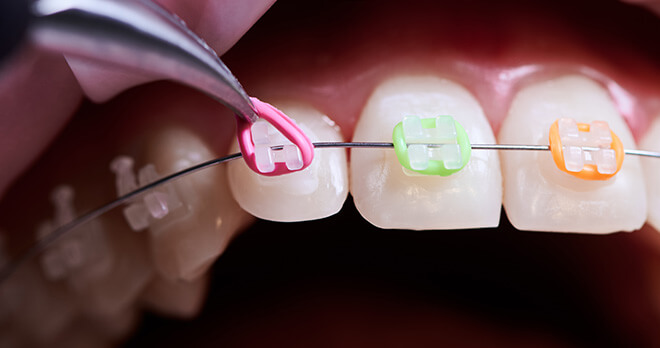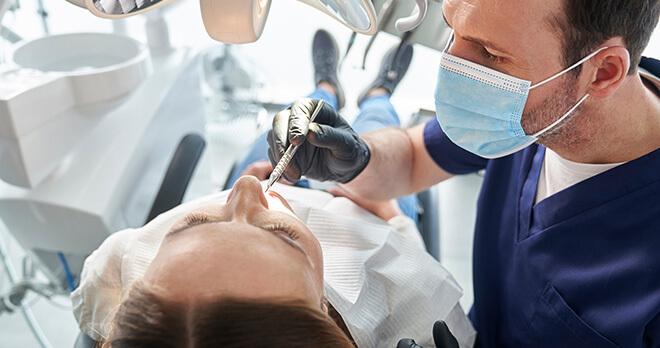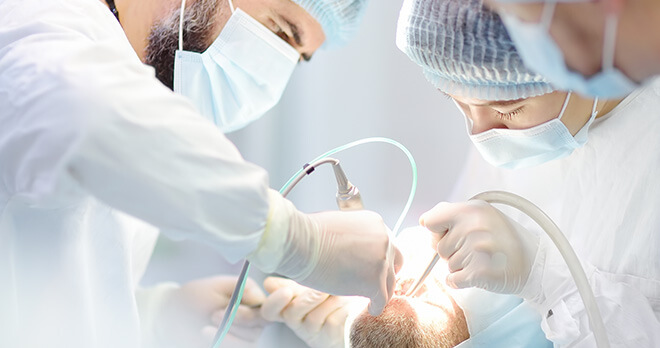Information about dental treatment during pregnancy
Pregnancy can be exciting and daunting, with lots to think about and plan for. During this time it can be easy to forget about dental care but it is important that this is maintained and that your dentist tailors treatment to meet your changing needs.
Should I seek dental treatment during pregnancy?
Generally, normal dental care can be carried out safely during pregnancy and routine check ups or treatment should not be deferred in most cases.
In fact, a dental check up during pregnancy can be even more important than usual. NHS guidance (on the NHS Choices website) highlights how hormonal changes during pregnancy can affect the gums, making them more likely to bleed and making it more likely that gums will become inflamed or infected. It is also more likely plaque will build up on teeth during this time.
For this reason, a dental check up during pregnancy is encouraged. NHS dental care is free to women from the time a pregnancy is confirmed up until 12 months after the baby is born. In order to receive free treatment it is necessary to apply for a maternity exemption certificate using application form FW8, which is available from your midwife, GP or health visitor. Pregnant women are also entitled to free NHS prescriptions during the same time period.
Many treatments, including root canal therapy and extractions can be undertaken safely during pregnancy. However, it is imperative that the dentist is aware of the pregnancy so appropriate safeguarding measures can be taken. For example, some non-emergency surgery may be best deferred until after the pregnancy to avoid any unnecessary risks and this should be discussed with the treating dentist. Pregnancy will also affect the antibiotics and painkillers which can safely be prescribed and the dentist should pay careful attention to this.
How should treatment differ?
Most pregnancies progress without any real dental problems arising. However, certain conditions can develop, which will warrant more frequent dental reviews, medication or treatment. It is reported that gestational diabetes can be especially difficult to control where there is an inflammation process, such as periodontal infection.
A small number of pregnant women are prescribed Heparin to treat thrombophilia, a blood disorder. As Heparin increases the risk of bleeding complications during dental procedures it is essential that the dentist is aware and provides appropriate treatment in the circumstances.
Pregnant women can also suffer a range of hypertensive disorders. Oral health professionals must take into account the increased risk of bleeding during procedures in these circumstances so as to ensure the safety of the patient.
Seeking advice about poor dental treatment
Providing that the dentist is aware of the pregnancy and tailors the advice and treatment accordingly then dentist visits need not be a cause for concern during pregnancy. Unfortunately, we know that that this is not always the case. We have acted for individuals where the treating dentist has not provided adequate care. Such failures can have very significant implications for the patient, and this can be heightened during pregnancy.
The Dental Negligence Team comprises specialist dental solicitors who are experienced in claims against dentists in cases such as these. Please contact me or one of my colleagues if you would like to discuss how we can help you with your potential dental negligence claim.
Got a question?
You can call the team on 0800 923 2080 or message them to understand more about you potential compensation claim for dental negligence. We will get back to you at a time that is convenient to you.
Common claim types
Insights and opinions
View more articles related to Cosmetic dentistry, Crowns and bridges, Dental implants, Dental nerve damage, Extractions, Gum disease, Information, Mouth cancer, Orthodontics, Root canal treatment, Tooth decay and Wisdom teeth
